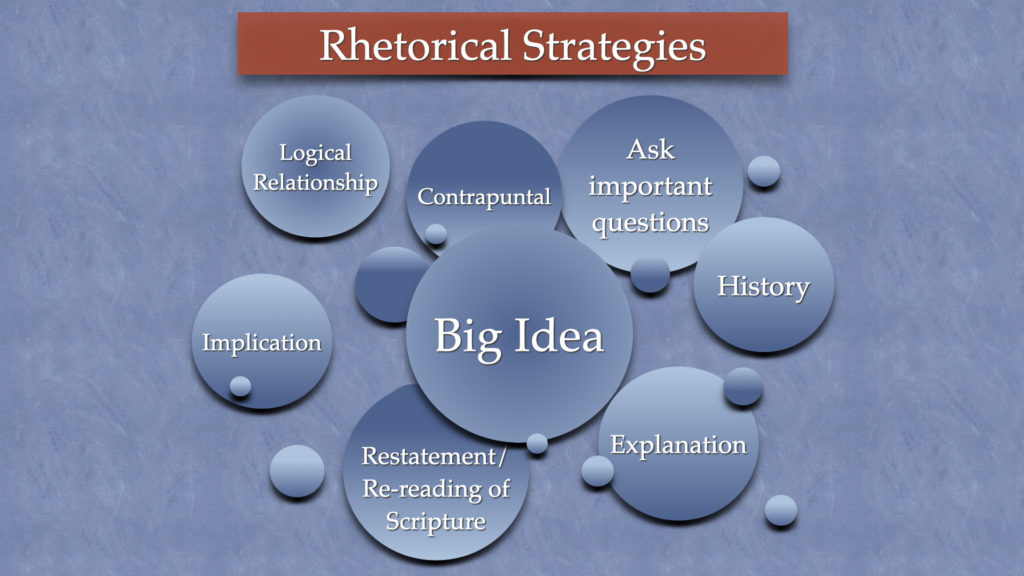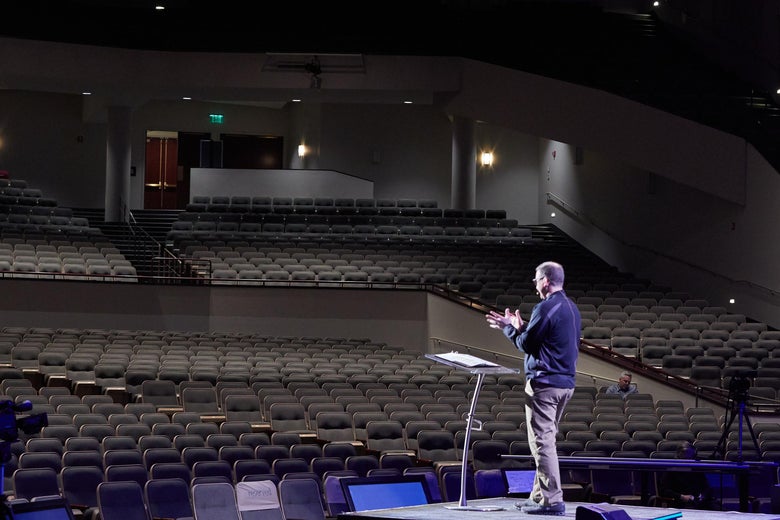
In the middle of the week I began thinking about how much of my sermon-in-the-making is the result of my own thinking. I know about the debate surrounding whether or not anyone can ever have a truly original idea. And I’m not talking about plagiarizing either.
I guess I’m asking you to think about what parts of your sermon development and delivery are your work.
Let’s begin with some thoughts about using someone else’s material:
On one side of the spectrum, think about those times when you rely on an English dictionary, thesaurus, or original language lexicons and theological dictionaries. Now go all the way to the other side of the line and think about borrowing someone else’s sermon title and structure.
In the middle I put quotes or paraphrases from our favorite authors, like Jonathan Edwards, Augustine, or William Goldman (author and screenplay writer of The Princess Bride).
So, what do I bring to the equation? Every week by the grace of God I…
- trace the argument of my preaching portion and discover how meaning is made before I know what that meaning is.
- determine how this text intends to elicit worship (I complete the sentence: “We worship the Lord this morning by…”).
- know enough about my congregants to know this text is relevant.
- create a structure that leads to the theological meaning of the text.
- talk to my listeners about their Christian experience from the text while I write out my sermon manuscript.
- make critical word-choices that affect how the sermon sounds (an ora-script within the manuscript).
- smile at them to let them know I love them.
- show them how the Christ-event makes this text come true for those who believe.
What did I miss?
May our Sunday “originals” continue to give God glory in the church and in Christ Jesus (Ephesians 3:21),
Randal











